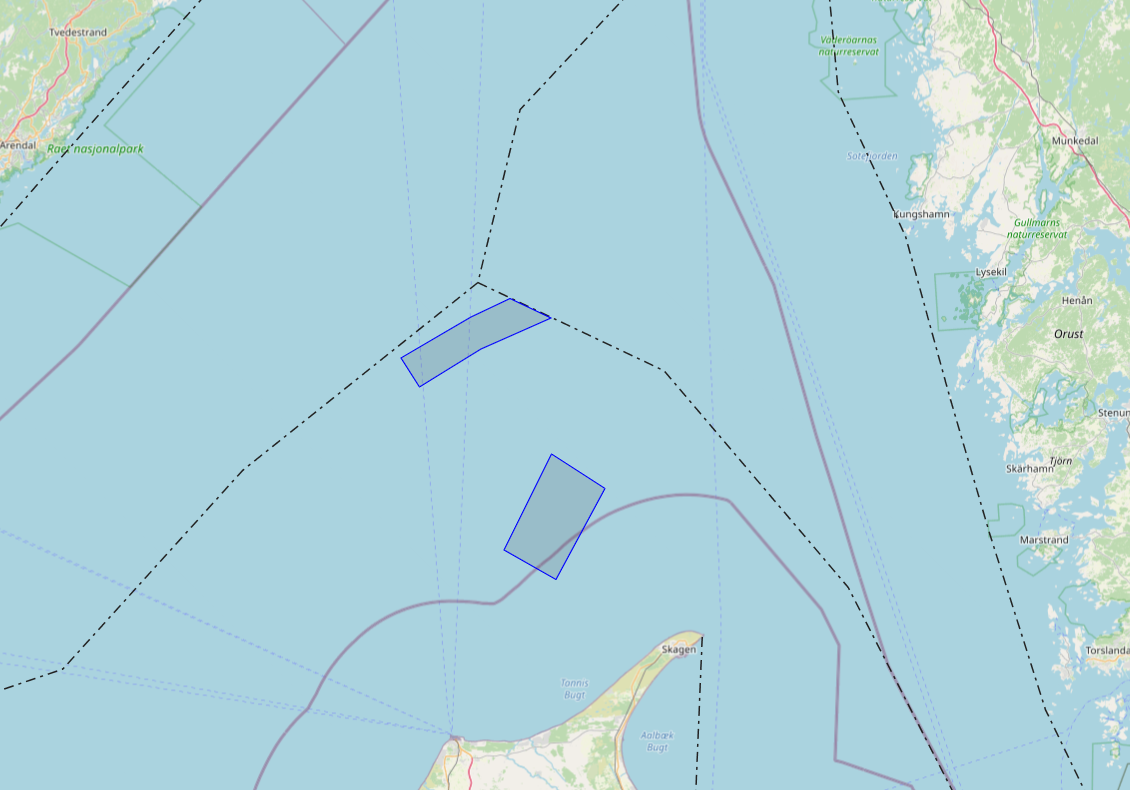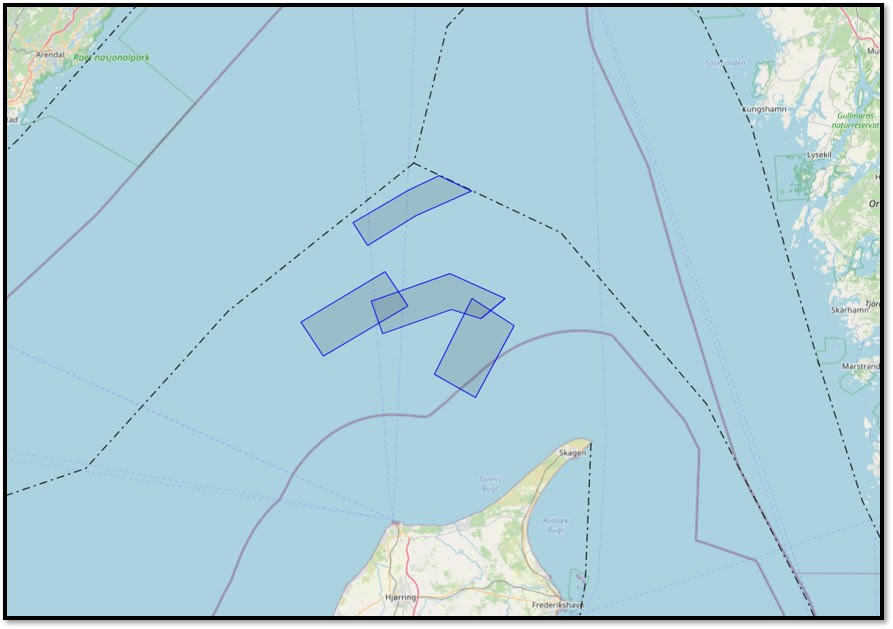The CFCA has adopted its annual report for 2010 at the meeting of the Administrative Board held on 15 of March. The annual report highlighted all the activities undertaken by the CFCA during that year. Moreover, at the meeting the Board discussed the multiannual work programme for 2012-2016 as well as the annual work programme and draft budget for 2012.
This General Report has been adopted a few months before the forthcoming Communication on the Reform of the Common Fisheries Policy by the Commission. The reformed CFP will aim at ensuring a viable fishing sector based on the sustainability of available biological resources. The reformed CFP will then be adopted by the European Parliament and the Council by 2012.
New regulations on fisheries control and the fight against Illegal, Unreported and Unregulated (so-called ‘IUU’) have already entered into force last year. Now there is a clear set of rules established to ensure that the law is applied in an equal, efficient and transparent manner.
“With these rules adopted, the focus moves to the implementation by the Member States. In this regard, the Agency has a crucial role to play at this very moment. Indeed, the model of the Agency of regional cooperation between national authorities is working effectively in practice,” said Serge Beslier, Chairman of the Administrative Board.
2010 results
During 2010, all objectives were achieved:
• The four JDPs in the North Sea / Western Waters, Baltic Sea, NAFO / NEAFC and Bluefin Tuna in the Mediterranean and Eastern Atlantic, were executed. The CFCA also assisted the Member States and the Commission in the application of the EU regulation against IUU fishing.
• Several measures were adopted to enhance the quality and relevance of the control activities and hence ensure that Member States contribute in a satisfactory manner to the success of the Joint Deployment Plans. In this regard, Member States pooled an adequate number of means, a new Regional Risk Analysis was developed to facilitate the long term planning of joint campaigns, and steps have been taken to promote European Added Value at all stages of the JDP cycle (planning, implementation and assessment).
• The total number of inspections coordinated in the framework of the JDPs was more than 7000 in the four areas of operation.
• Approximately 1600 man days were deployed in joint teams; highlighting the cooperation between Member States through the creation of joint teams of inspectors of different nationalities. This is one of the main tools to foster cooperation, increase transparency of activities, exchange best practices and build confidence between the different national authorities.
• Periodically, there have been training seminars for the Community inspectors which work under the Joint Deployment Plans and training activities for the authorities involved in the fight against IUU fishing. Inspectors are now better trained and prepared and the quality of the work done by national and Community inspectors participating in joint inspection and surveillance activities under the JDP’s is improving.
Proposed Draft Budget for 2012
The draft budget for 2012 is €9,310,000. In 2011, the final budget was €12,850,000.
“The execution of these activities has contributed significantly to the uniformity and effectiveness of control, increased transparency of the inspection activities and thus to a level playing field for the European fishing industry. In times of financial austerity, this form of cooperation helps save public expenditure by ensuring better cost effective use of Member States’ inspection vessels and aircrafts,” said Harm Koster, Executive Director.




